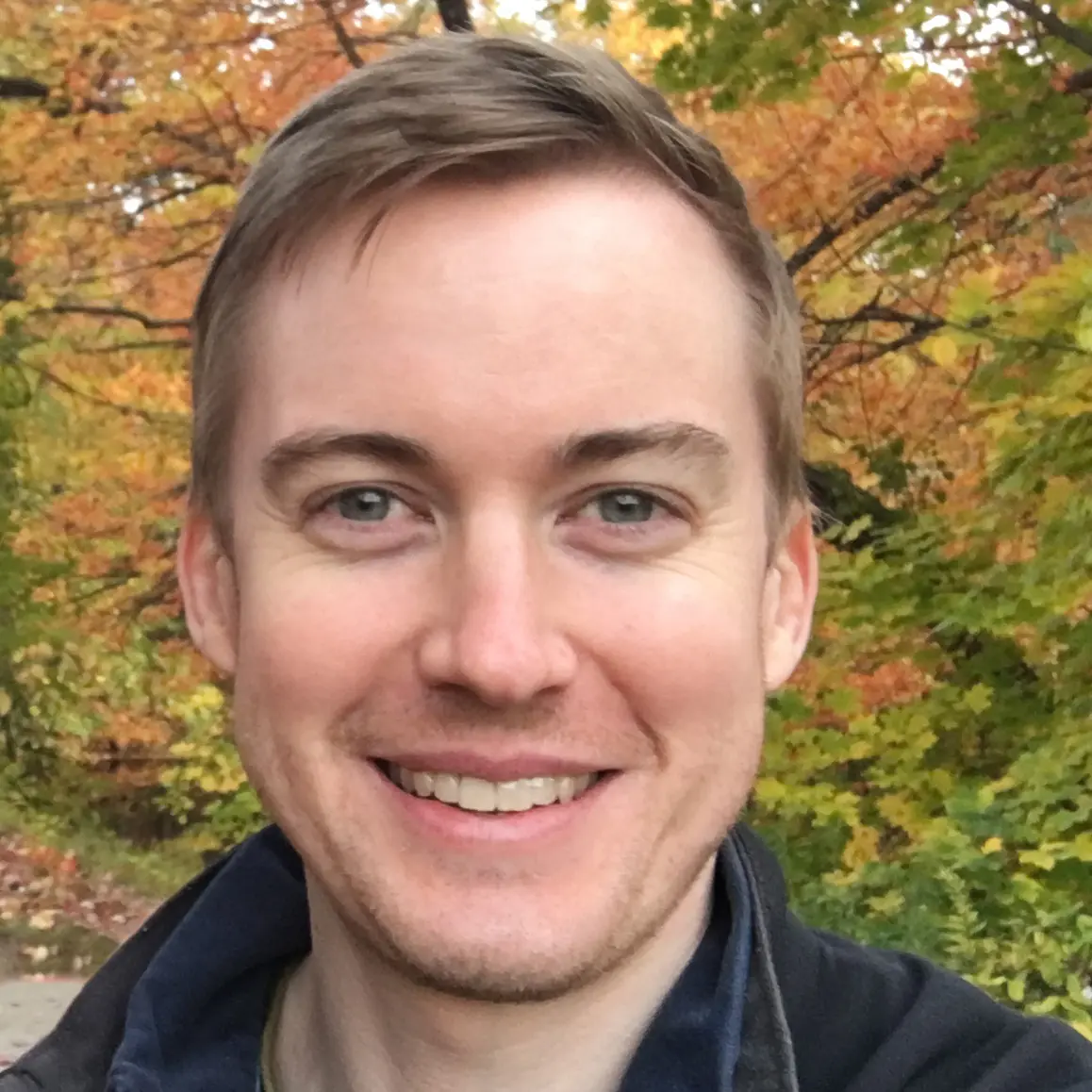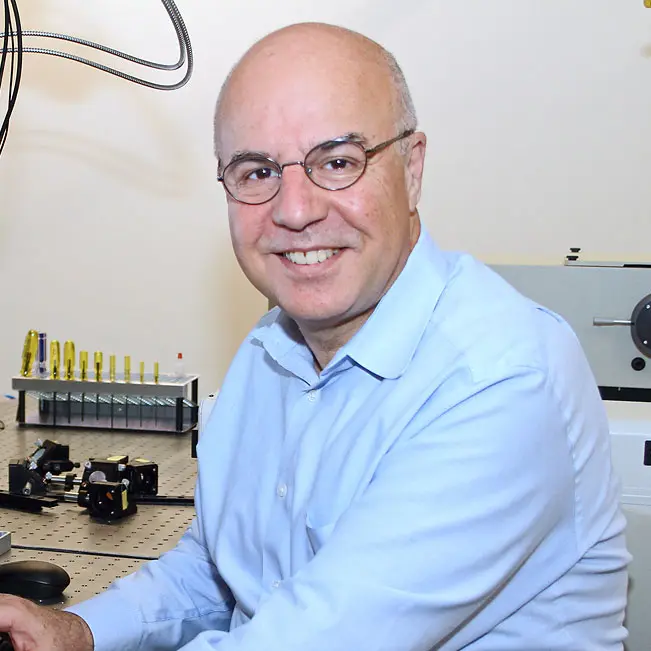The Kennedy College of Sciences Lecture Series on Science and Society, sponsored by Eric and Lola Chaisson, presents:

Simon Buckle
Careering Towards Climate Change with Simon Buckle, D.Phil.
Date: Tuesday, April 12, 2022
Time: 3-4:30 p.m. via Zoom.
This event is free and open to the public.
With a professional career spanning fermions to foreign policy, Simon Buckle has tackled complex climate change issues facing our world, including financial stability and climate instability.
In this virtual lecture, Buckle will trace his personal involvement in shaping climate policy, while exploring some of the key challenges that we face in effectively addressing climate risks.
Simon Buckle, D.Phil., served as the head of division for climate change, biodiversity, water and sustainable financial issues in the Organization for Economic Co-operation and Development’s environmental directorate from 2014 to 2022.
Before joining the OECD, he was the founding policy director at the Grantham Institute for Climate Change and the Environment at Imperial College London.
This event is sponsored by the Kennedy College of Sciences as part of the college’s “Spring into Science” annual event program, the Rist Institute for Sustainability and Energy, the Climate Change Initiative and the Cape Cod Alumni Network.




